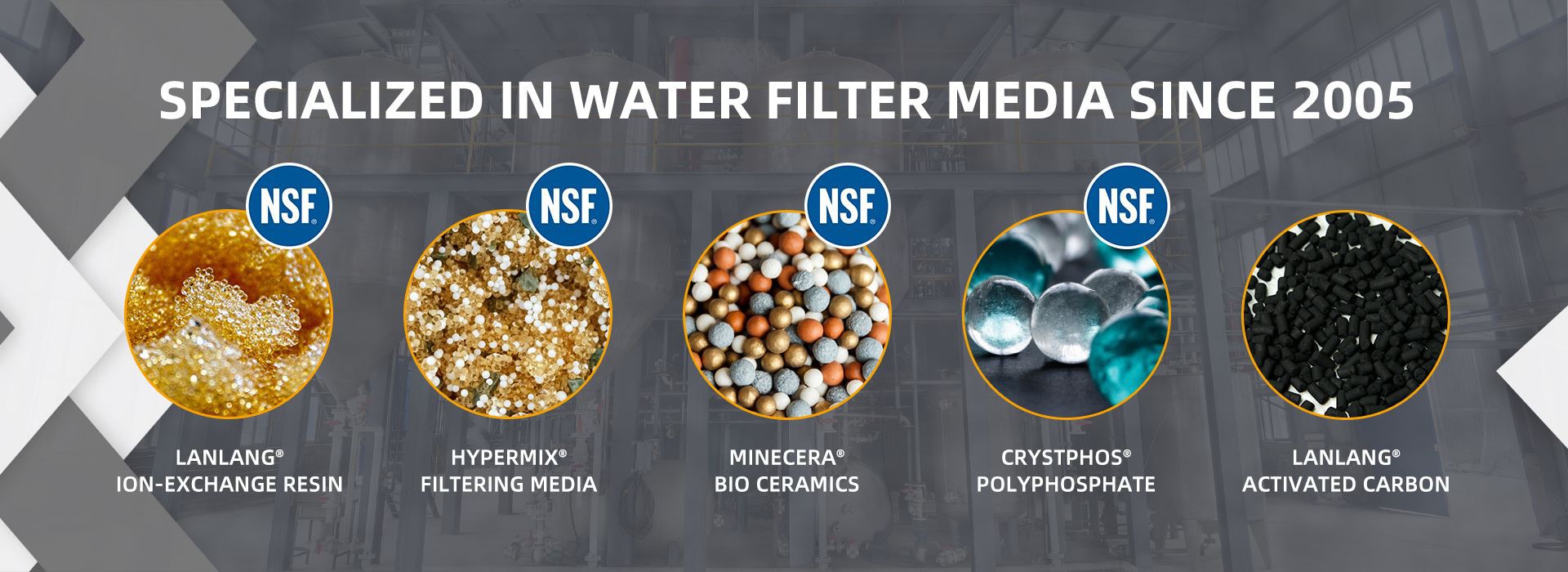Ion exchange resin is a useful tool utilized in the food and beverage industry for removing unwanted impurities from liquids. However, not all ion exchange resins are created equal. In fact, food grade ion exchange resin has become a critical component in the food and beverage manufacturing process.
Food grade ion exchange resin is a specialized type of ion exchange resin utilized for the purification and separation of various food and beverage applications such as juices, wines, and soft drinks. This resin is specifically designed to meet the strictest food safety standards and regulations set forth by the FDA. Additionally, it is engineered to eliminate any potential health risks that may arise from chemical reactions between impurities and the ingredients used in food and beverage manufacturing.
The food and beverage industry is highly regulated when it comes to ensuring the safety and quality of their products. This is where food grade ion exchange resin comes into play. This specialized resin is designed to remove unwanted impurities such as organic and inorganic contaminants, metals, and other unwanted substances from food and beverage production processes. Through a process of ion exchange, food grade ion exchange resin safely binds to these impurities, allowing for the removal of impurities without adding any harmful chemicals or byproducts to the final product.
Food grade ion exchange resins come in several forms, such as cation and anion exchange, and can be used in various stages of the food and beverage manufacturing process. It is important to note that not all ion exchange resins are suitable for use in the food and beverage industry. While there are many ion exchange resins available, only food grade resin is approved for use in the making of foods and beverages.
In conclusion, food grade ion exchange resin is an essential component for ensuring the safety and quality of our food and beverage products worldwide. The use of this specialized resin helps to reduce impurities in food and beverage manufacturing, resulting in safer and healthier products for consumers. As regulations continue to become stricter in the food and beverage industry, manufacturers must continue to rely on food grade ion exchange resin to maintain compliance and ensure the highest standard of quality.


